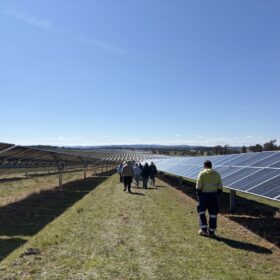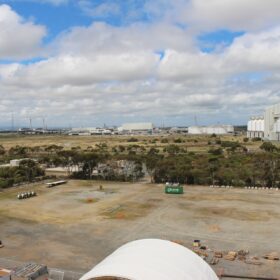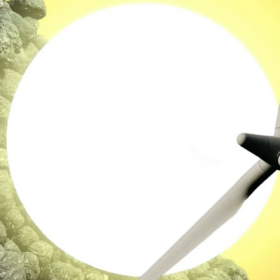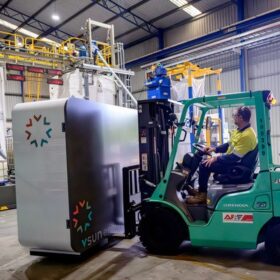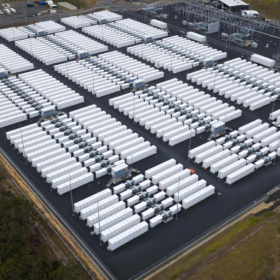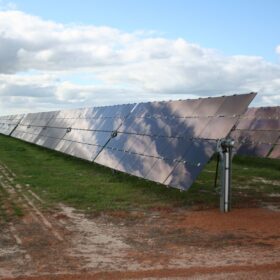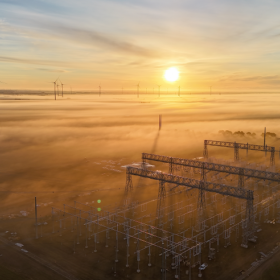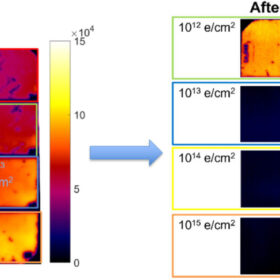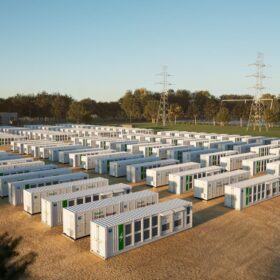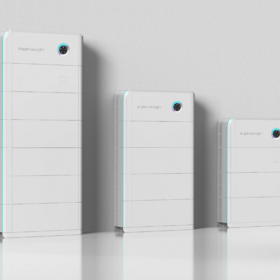FRV seeks federal tick for NSW solar farm and beefed up battery
A redesigned hybrid solar and battery project now featuring 200 MW of PV generation and a beefed up 2.2 GWh of energy storage capacity planned for far northern New South Wales has joined the queue for federal environmental approval.
Engie breaks ground on South Australian battery
French-owned energy group Engie has commenced construction of a new large-scale battery that is says will deliver more capacity and flexibility to the South Australian electricity grid.
Misleading chart overstates clean energy challenge
Primary energy – which refers to the raw energy in fuels and natural resources – is often used to show how much energy we use but as a measure it is misleading and makes the clean energy switch seem much harder than it actually is.
WA plans 10-hour flow battery install to boost power reliability
The Western Australia government is looking to deploy a vanadium flow battery energy storage system with up to 10 hours of discharge capacity to help improve regional power reliability in the state’s Goldfields region.
Akaysha provides Waratah update, still opaque on transformer failure
Akaysha Energy’s anticipated status update on Australia’s biggest battery that saw a major transformer fail gave some answers but was tight-lipped on key outstanding questions. The company also announced the project is in a scheduled shutdown until December 2.
Potentia lands federal approval for NSW solar and storage project
Potentia Energy has reached another renewables milestone with its 1 GW Tallawang solar and battery energy storage project proposed for construction in western New South Wales awarded unconditional federal environmental approval.
Battery marks TagEnergy’s move to multi-tech player in Australian market
European renewables outfit TagEnergy has advanced plans to build its first big battery in Australia with the signing of major agreements to deliver a standalone four-hour energy storage system in Victoria.
UNSW team tests current solar cell architectures for space applications
UNSW researchers investigating the impact of electron irradiation on PERC and TOPCon solar cell performance have identified bulk lifetime degradation as main power loss cause. Their work stresses the need for increasing radiation tolerance in commercial space silicon solar cells.
Chinese manufacturers surge ahead in Australia’s battery storage market
About 10 GWh of battery energy storage supply deals were announced at or following All Energy, further contributing to the already rapidly growing market share of Chinese manufacturers in Australia.
Sigenergy points to installation practices for product recall
Sigenergy says the issue that has prompted a voluntary recall of the company’s 8 kW, 10 kW and 12 kW single-phase inverters in Australia and New Zealand stems from incorrect installation practices, not a product defect.
